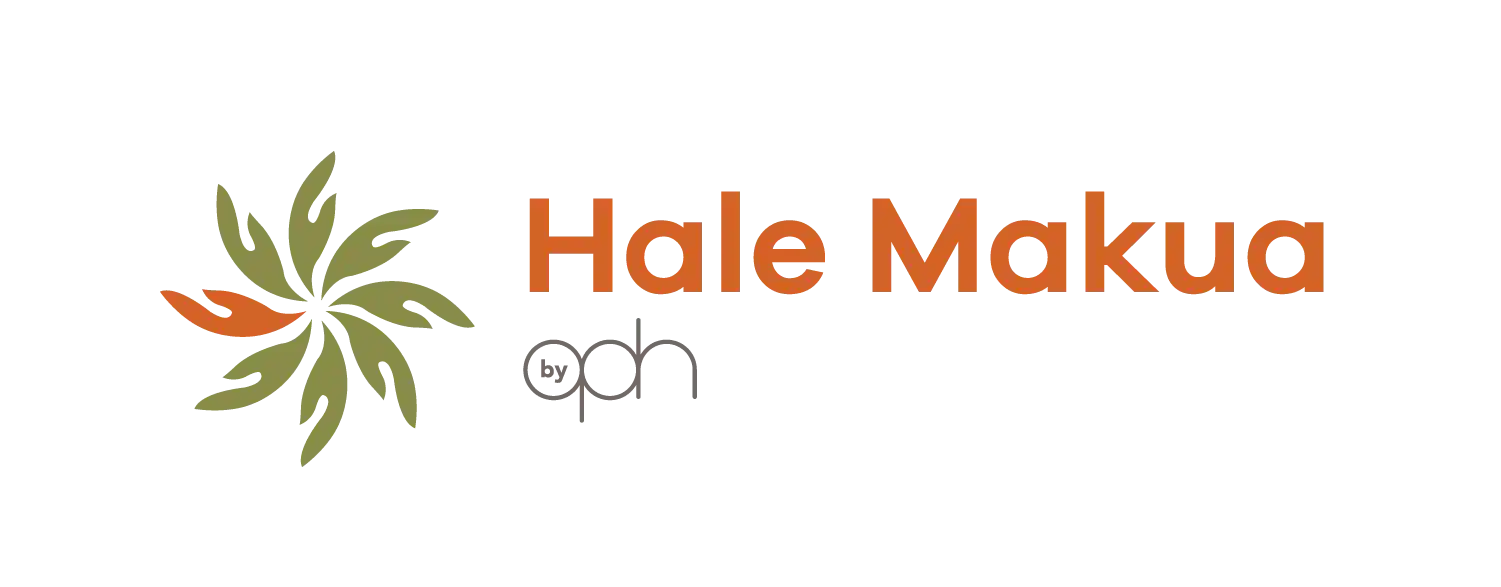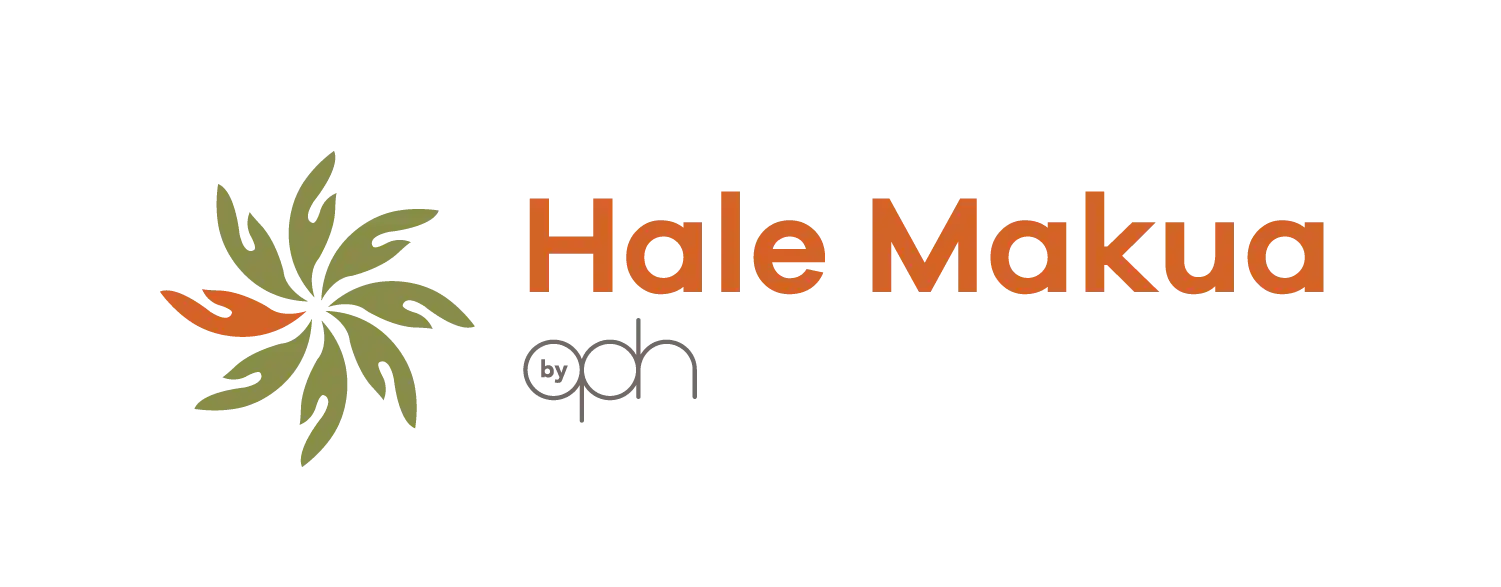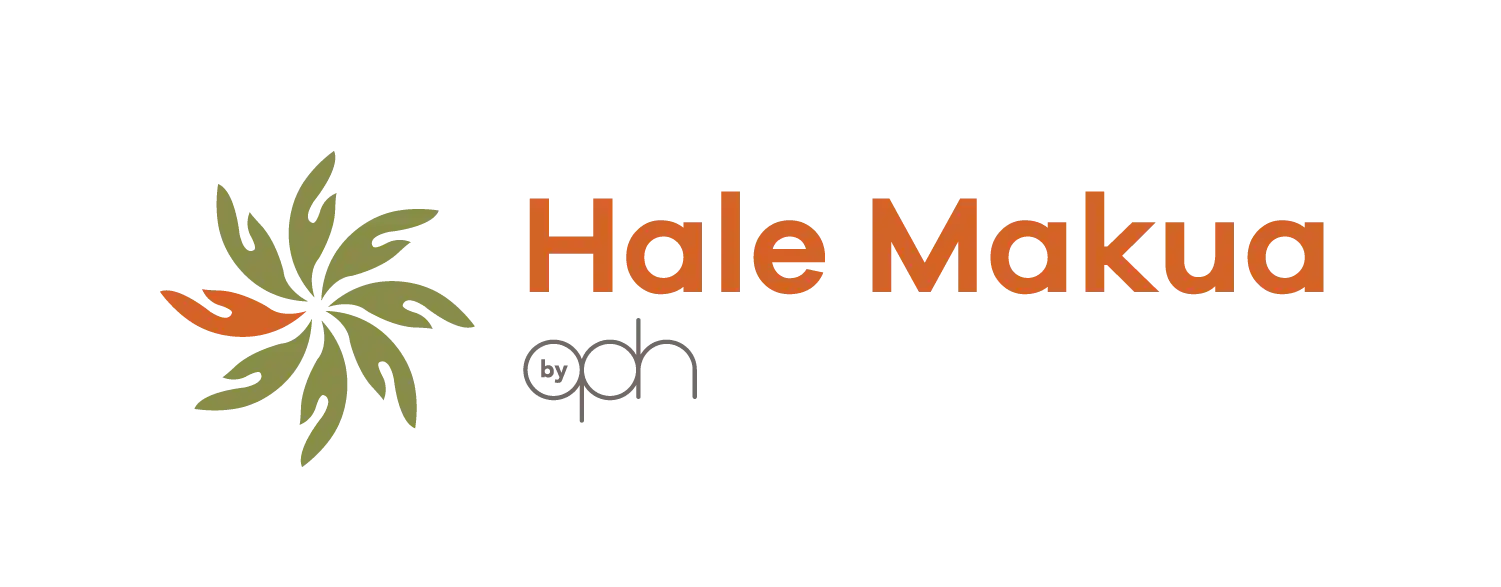Bill to double ‘HI5’ beverage container fee gains traction in State Legislature

On Monday, the state Committee on Agriculture and Environment recommended passing a measure to increase Hawaiʻi’s beverage container fee from 5 cents to 10 cents.
State Representative Cory Chun, who introduced House Bill 109, said he hopes that the increase would encourage more people to recycle. “Maybe by increasing it, it will encourage people to recycle,” said Chun.
Currently 60% of Deposit states — California, Connecticut, Maine, Michigan, Oregon and Vermont — have deposits of 10 cents or more on all or some items.
According to the State Department of Health, Hawaiʻi’s Deposit Beverage Container Program has recycled over 10 billion containers since its inception in 2005, helping reduce litter and providing income for some residents. Hawaiʻi’s redemption rate was 55% in 2023, based on the latest available data—a nearly 20% drop over the past 10 years.
The DOH provided testimony on the proposed bill to increase the beverage container deposit from 5 cents to 10 cents, effective Jan. 1, 2026. They said, while the higher refund value may reduce beverage purchases, potentially affecting manufacturers’ revenue, they expect it to significantly boost the return rate of containers for redemption.
Reynolds Recycling, Hawaiʻi’s largest HI5 Deposit Beverage Container recycler, also strongly
supported the bill in testimony, saying:
“When Hawaiʻi had a bottle return law in the 1960s the deposit at that time was 5 cents for glass bottles, and the deposit on beverage containers is still the same. In consideration of the decline of the value of that nickel deposit in the past 60 years, it would make sense to bring the deposit value to an appropriate ‘modern’ level.”
Some testifiers have opposed the measure, including Lauren Zirbel, executive director of the Hawaiʻi Food Industry Association.
Zirbel said the proposal would entrench the limitations of the current redemption system and impose additional financial burdens on residents. He says deposit fees disproportionately affect those who cannot regularly access redemption centers, including families with multiple jobs, rural residents and those without reliable transportation.
He also said the measure would exacerbate the cash surplus that the program currently holds, which was $57.08 million in 2022, per an audit. According to the audit, 68% of the program’s revenue had come from unredeemed deposits. Zirbel urged that the funds be used to modernize Hawai‘i’s recycling infrastructure and transition to a more efficient system.
National data supports the idea that higher deposit fees lead to better redemption rates. For example, recent data from Connecticut shows a 12.6% increase in container redemptions after the state raised its deposit from 5 to 10 cents. Additionally, research by Reloop indicates that redemption rates increase with higher deposit fees, with the highest return rate (93%) seen in jurisdictions where the minimum deposit is at least 15 cents.
View written testimony on the bill here. To submit testimony or learn more about the bill, visit www.capitol.hawaii.gov.









